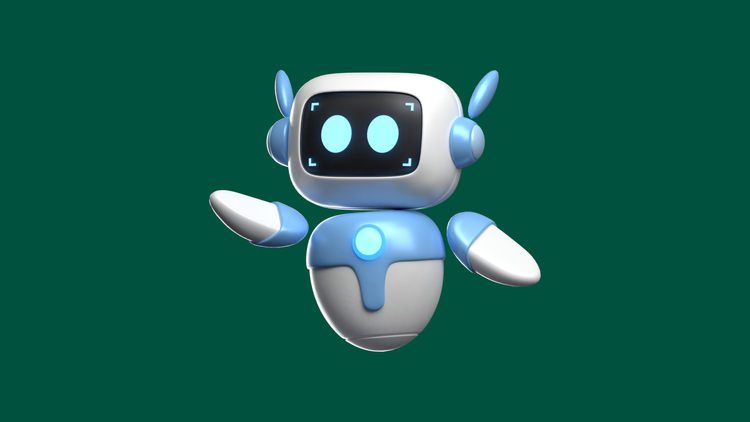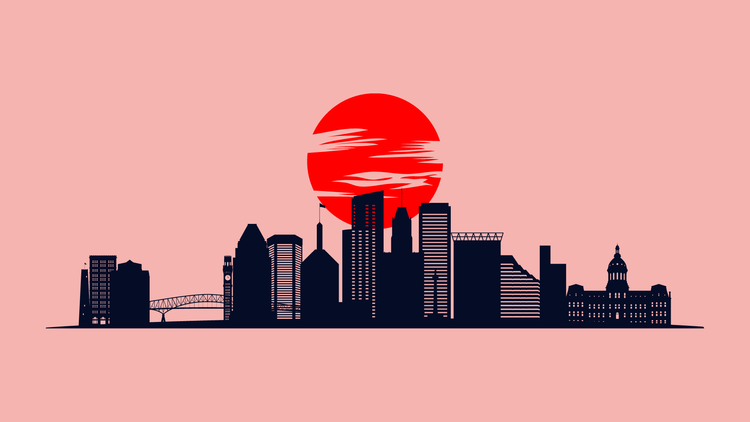Calling All Defiant Ones
Before Eminem sold 100 million records, no one thought a skinny white rapper could sell more albums than Bob Dylan, The Doors, or Aretha Franklin. The prevailing narrative stopped most people from recognizing objective greatness.
Jimmy Iovine and Dr. Dre saw Eminem differently:
“We weren’t looking for a white, controversial rapper. We were looking for great.”
Defiance
Defiance is a necessary characteristic for success. It’s not enough to be good or to be first. To be great, you have to defy standards.
Steve Jobs was notoriously defiant. In Apple's famous 1997 campaign, Think different, Jobs said:
“Here’s to the crazy ones. The misfits. The rebels. The troublemakers. The round pegs in the square holes. The ones who see things differently. They’re not fond of rules. And they have no respect for the status quo. You can quote them, disagree with them, glorify or vilify them. About the only thing you can’t do is ignore them. Because they change things. They push the human race forward. And while some may see them as the crazy ones, we see genius. Because the people who are crazy enough to think they can change the world, are the ones who do.”
Local
What would defiance — personal and professional — look like in 2019?
I have three ideas that may seem quaint or wishful. All violate narratives but harness significant changes in the way we live and work.
People talk about innovation in almost mythical terms. Its bounty exists — somewhere — and everyone wants a piece of the pie.
How?
Be more like Silicon Valley, they tell us. If you want to work in technology, move to San Francisco, dress a certain way, and spend your life behind a computer.
The defiant one does not buy it. She knows there are no secrets "out there."
She decides to start her company "right here" instead. She takes the best of Silicon Valley, and the lessons of history, and creates enormous value in a location that lowers her overhead, increases her authenticity, and allows her to be closer to family and loved ones.
She's not alone. She's part of a massive economic shift called decentralization: money, computing, and – for her – team location.
Automattic has 500 employees located in over 50 countries. If those 500 people were instead located in 50 small cities, they would quickly become the de-facto captain of local innovation. They would power local outreach, recruiting, and interfacing.
Many other companies are aggressively moving to the "fully remote" model.
Local innovation always starts with one person. That person has an opportunity to understand customers' preferences, considerations, and limitations deeply.
Local innovation generates rare, differentiated insights. Defiant insights.
Friends, Not Followers
Our social perceptions change as more of our lives go online. We interact more frequently with people we will never meet than we do with our oldest friends.
Slowly our behavioral norms change. We adopt the systems of outrage that power social networks. We use more exclamation points and harsher language. Our public opinions prioritize likes over clarity.
The defiant one doubles down on her friends, her family, and her community. She invests in small, person-to-person networks. She has real, imperfect conversations with real, imperfect people.
These conversations provide her with better information than her competitor. She knows tangible, valuable things that algorithms do not.
She understands that human tribes — the kind that protect, nurture, and raise people — are ancient sources of wisdom.
But something in our society is broken. Most Americans, young and old, are lonely. She knows that online friendships are convenient, but person-to-person trust is precious.
She knows people are willing to adopt, protect, and buy precious things.
Optimism
Cynicism is abundant and cheap. It lacks scarcity.
It embeds itself into our social, political, and professional networks. Like some not-to-be-mentioned communicable diseases, cynicism is easy to catch and difficult to cure.
The defiant one realizes that the world is objectively, quantifiably improving. People are safer, healthier, and wealthier than ever before. Most people have nearly unlimited access to the world’s knowledge.
She knows that cynicism is a great business model in media, but that people rally around hope. She knows that optimistic people are healthier, and that good health promotes creation and investment.
She knows that it is a wonderful time to be alive.
Investing in local innovation, friends, and optimism are not lofty aspirations. These trends and others like them will define health and prosperity in the coming decades.
So here’s to the local, friendly, optimistic misfits that are pushing us forward.
Here's to the defiant ones.





